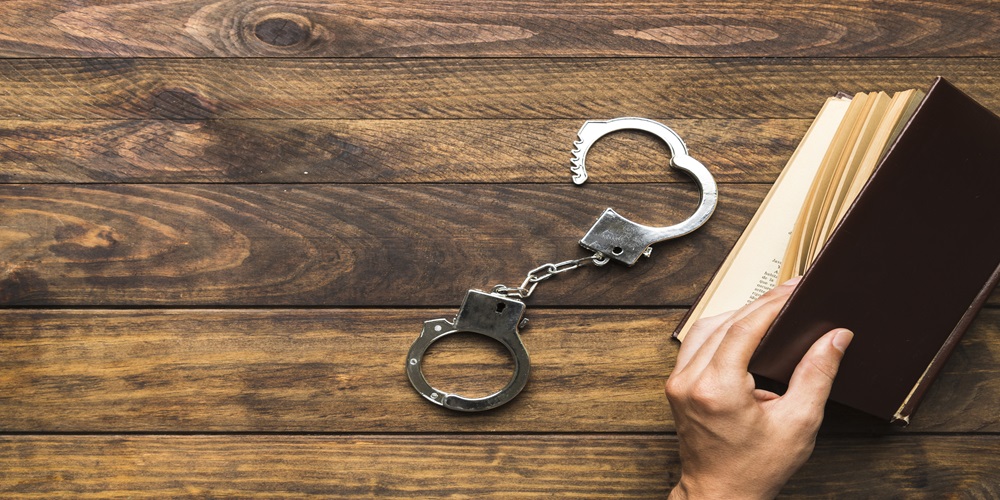In criminal law, affirmation plays a focal duty in deciding the outcome of a prosecution. However, more than the trivial availability of proof is needed; its truth and suitability are equally crucial. This is where the idea of chain of custody comes into play. It ensures honesty and care of records from when they are collected until they are tabled in court.

What is a chain of custody?
Chain of custody refers to systematically recording and tracing proof handling, movement, and ownership throughout the lawful process. It fosters a clear paper trail that accounts for every individual who has had access to the records, the dates and times of access, and the specific actions taken with the evidence.
Conserving a structured chain of custody is essential for several reasons:
- Prevent interference and corruption: By keenly recording proof handling, the chain of custody helps ensure that it has not been corrupted, altered, or contaminated. This helps preserve the honesty and reliability of the records.
- Establishing authenticity: A well-documented chain of custody provides proof that the evidence tabled in court is true and has not been exchanged or corrupted in any way.
- Avoiding lawful challenges: If the chain of custody is not correctly guarded, it can lead to valid challenges from the opposing party. This can potentially render the evidence inadmissible or raise doubts about its credibility.
The role of a criminal lawyer
hen facing criminal sues, finding a trusted criminal lawyer in Brampton who understands the importance of chain of custody and can effectively examine the handling of evidence in your case is essential. An expert criminal defense attorney will:
1. Review the chain of custody records: Your lawyer will closely probe the documentation to spot any loopholes, inconsistencies, or alarms that could question the evidence’s integrity.
2. Challenge poor care: If there are concerns about incorrect proof handling, your lawyer can file motions to stop or exclude the evidence from being presented in court.
3. Question witnesses: During the trial, your lawyer can probe witnesses involved in the chain of custody. This includes police officers or forensic gurus, to show any weaknesses or flaws in the handling of evidence.
4. Educate the jury: In cases where the chain of custody is useful, your lawyer will ensure that the jury knows the importance of proper proof care and the results of a broken chain of custody.
The role of a criminal lawyer in guarding your rights
Aside from responding to the chain of custody issues, a pro-criminal defense lawyer will help you secure your legal rights throughout the legal process. Their duties include:
- Protecting your legal rights: Your lawyer will ensure that your rights, such as the right to fairness and the right against confession, are followed.
- Question the case: A detailed probe of the events of your case helps build a solid defense plan.
3. Discuss with the prosecution: In some occurrences, your lawyer may be able to discuss with the prosecution for minimized sues or favorable plea talks.
4. Supporting you in court: Supporting you in court: If your case goes to a trial, your lawyer will table your defense, probe witnesses, and fight for your interests in the courtroom.
Closing remarks
If you or a loved one is facing criminal arraigns, the importance of finding the best criminal lawyer cannot be neglected. The lawful system can be tough and horrifying, and the results of a conviction can be thorough. By getting the services of a skilled criminal defense attorney, you can ensure your authorized rights and increase your chances of a favorable outcome.
Don’t risk your future; seek the advice and defense of an expert legal advocate today.

